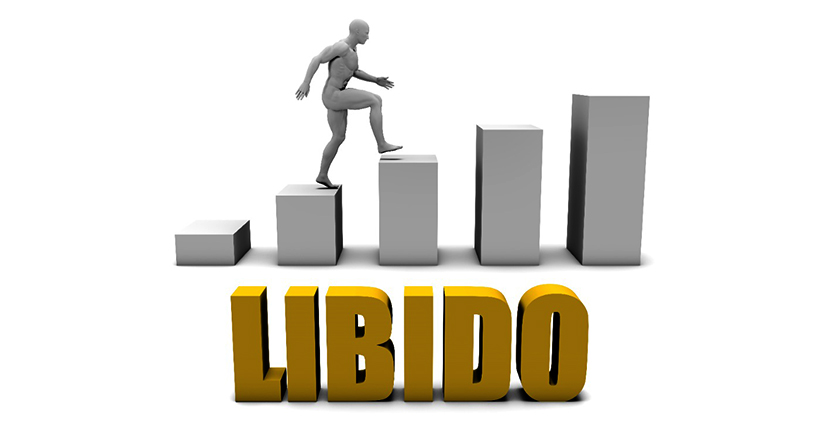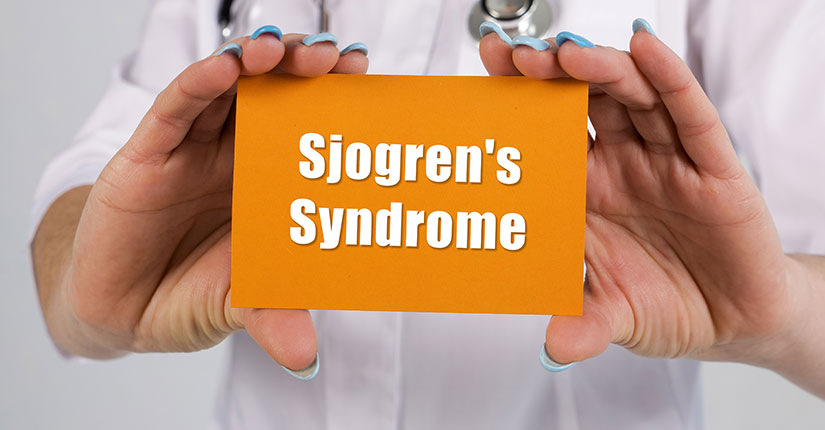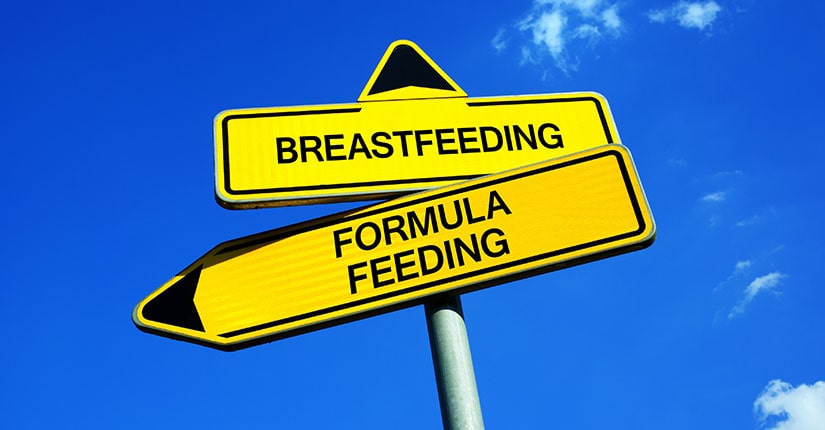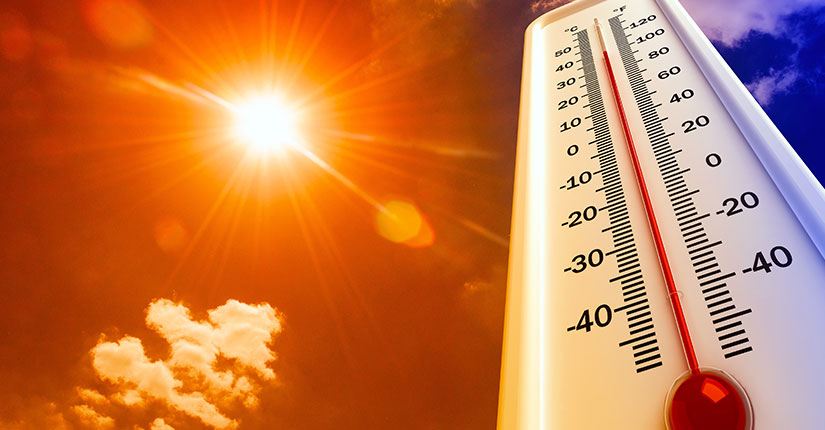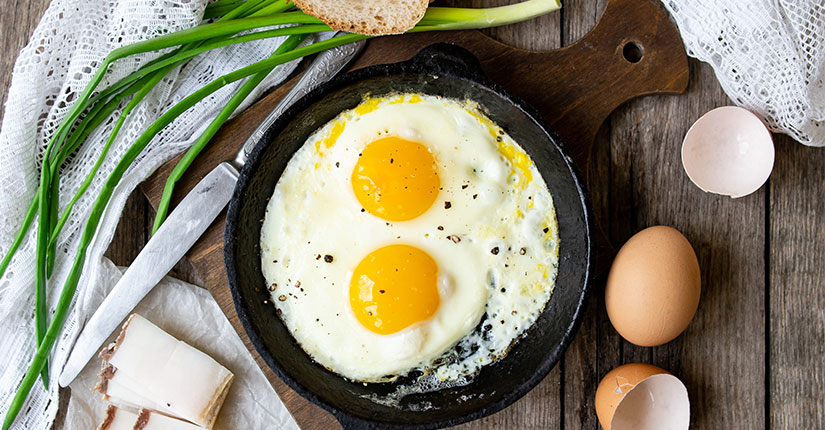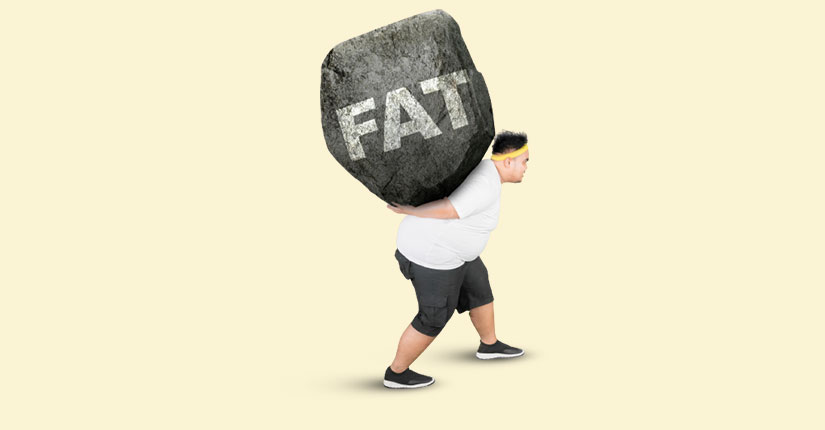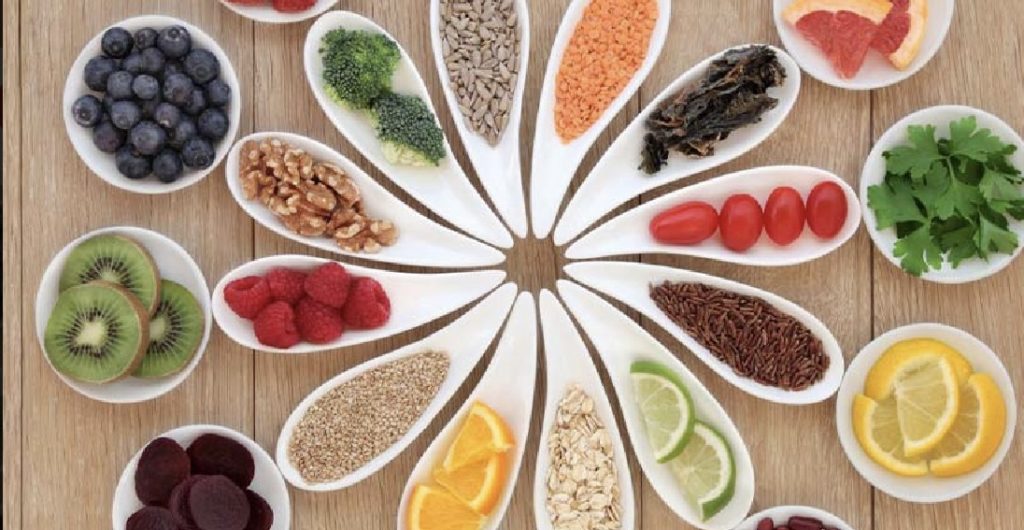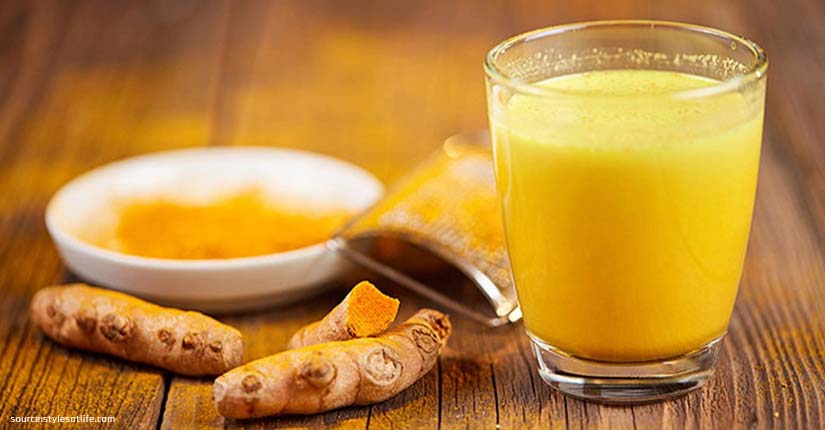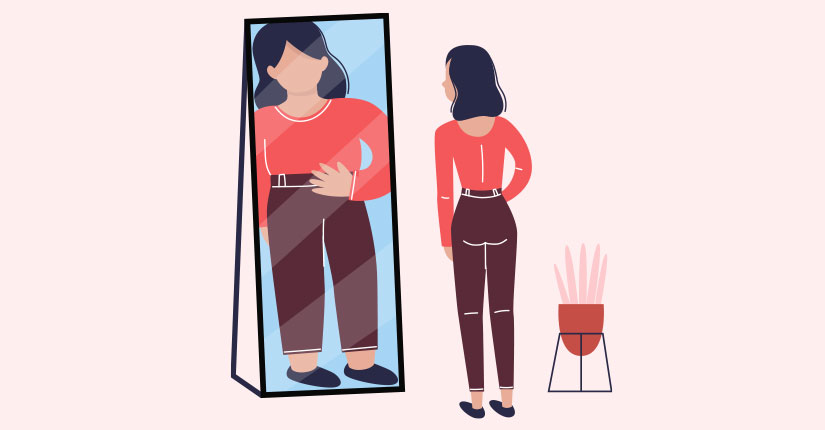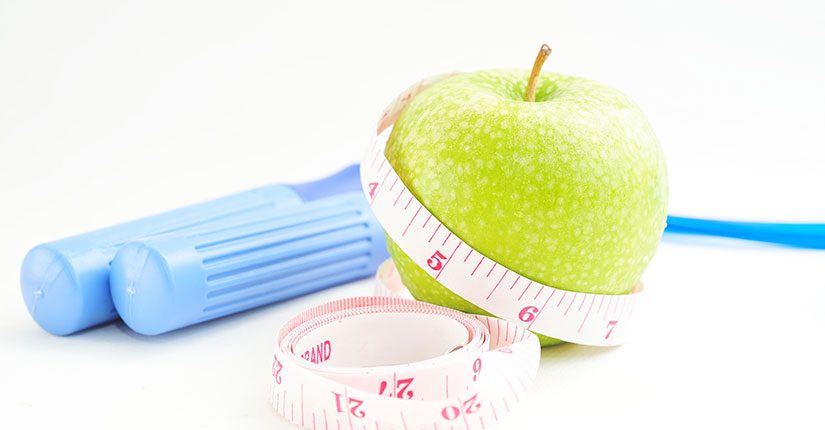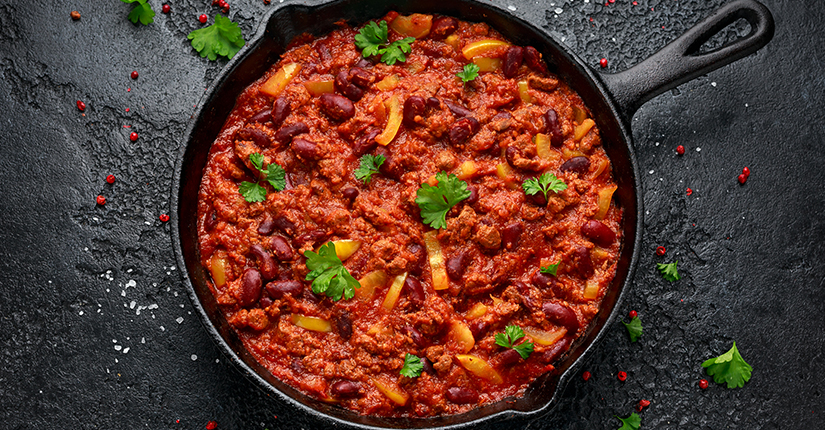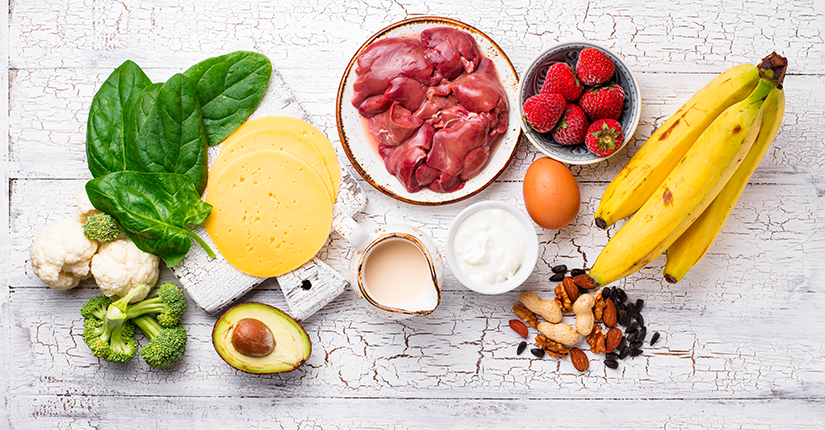Following a Vegan Diet leads to Poorer Bone Health?
By Nmami Agarwal 22-May 2021 Reading Time: 4 Mins
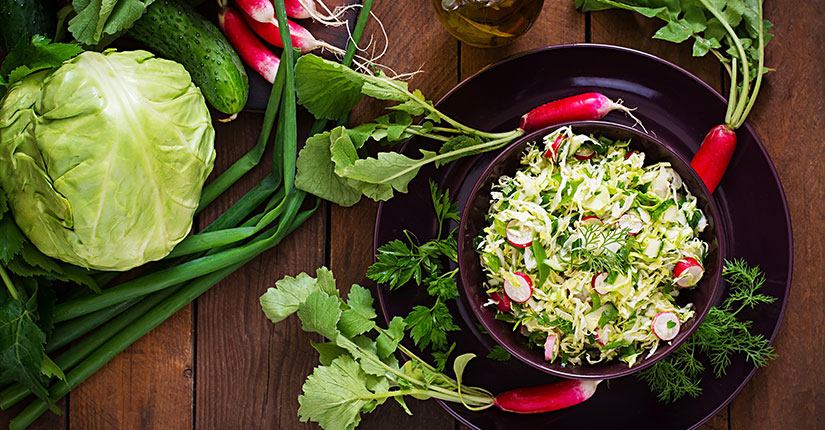
A vegan diet is often considered health-conscious. Many choose veganism to maintain a healthy weight. A vegan diet is deprived of animal-based products and largely focuses on the consumption of plant-based products. It can provide multiple health benefits including weight loss. This diet is termed to benefit kidney health, heart health and can also help control blood sugar levels. Generally, supplements are recommended to ensure intake of all essential nutrients when following a vegan diet.
- Consumption of a vegan diet is known to have many health benefits ranging from weight loss to keeping cholesterol in control, but did you know that following a vegan diet also comes with some ill effects?
Foods such as vegetables, grains, nuts, and fruits make up a vegan diet. And so, the elimination of animal products such as milk and dairy products, fish and poultry from one’s diet decreases the intake of some essential nutrients such as calcium, vitamin D, magnesium, which damages the bone turnover rate and results in a decrease in bone mineral density. Thus, vegans tend to face a higher risk of fractured hips and legs, clavicle, ribs, and vertebrae.
People who followed a vegan diet had lower ultrasound values, which indicates poorer bone health, says studies. The studies conducted at German Federal Institute for Risk Assessment (BfR), the bone health of 36 vegans, as well as 36 people following a mixed-food diet, was determined with an ultrasound measurement of the heel bone.
Additionally, a low BMI is also associated with a higher risk of hip fractures and studies have found that those who follow vegan or vegetarian have lower BMIs than those who eat meat. Various other studies have linked low calcium and protein intake among vegans or vegetarians to poor bone health.
- Nutrition and Bone Health
Nutrition plays an important role in bone health. The key bone health nutrients such as calcium, vitamin D and magnesium require special attention to ensure that you meet your daily requirement. So, a diet low in calcium and vitamin D contributes to diminished bone density, early bone loss and an increased risk of fractures.
So, people following a vegan diet should ensure adequate intake of calcium and protein as well as maintaining a healthy BMI is important for bone health and reduce risk of bone fractures Sources of protein for a plant-based diet: chia seeds, tofu, sprouted whole grain bread, quinoa, hemp seeds, broccoli, and lentils. Potentially some fortified products, including soy milk, almond milk, or cashew milk, which are now mostly all fortified with calcium and vitamin D and other important nutrients should be included.
Over to you:
To conclude, a meat-free diet can provide all the nutrients you need. It just takes a little planning and ensuring a proper intake of food.


